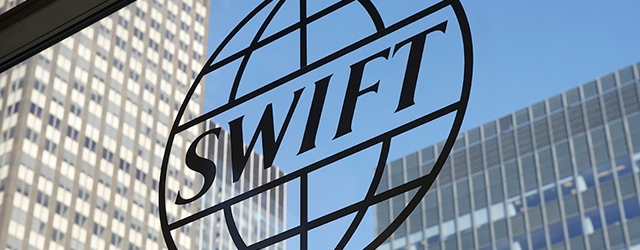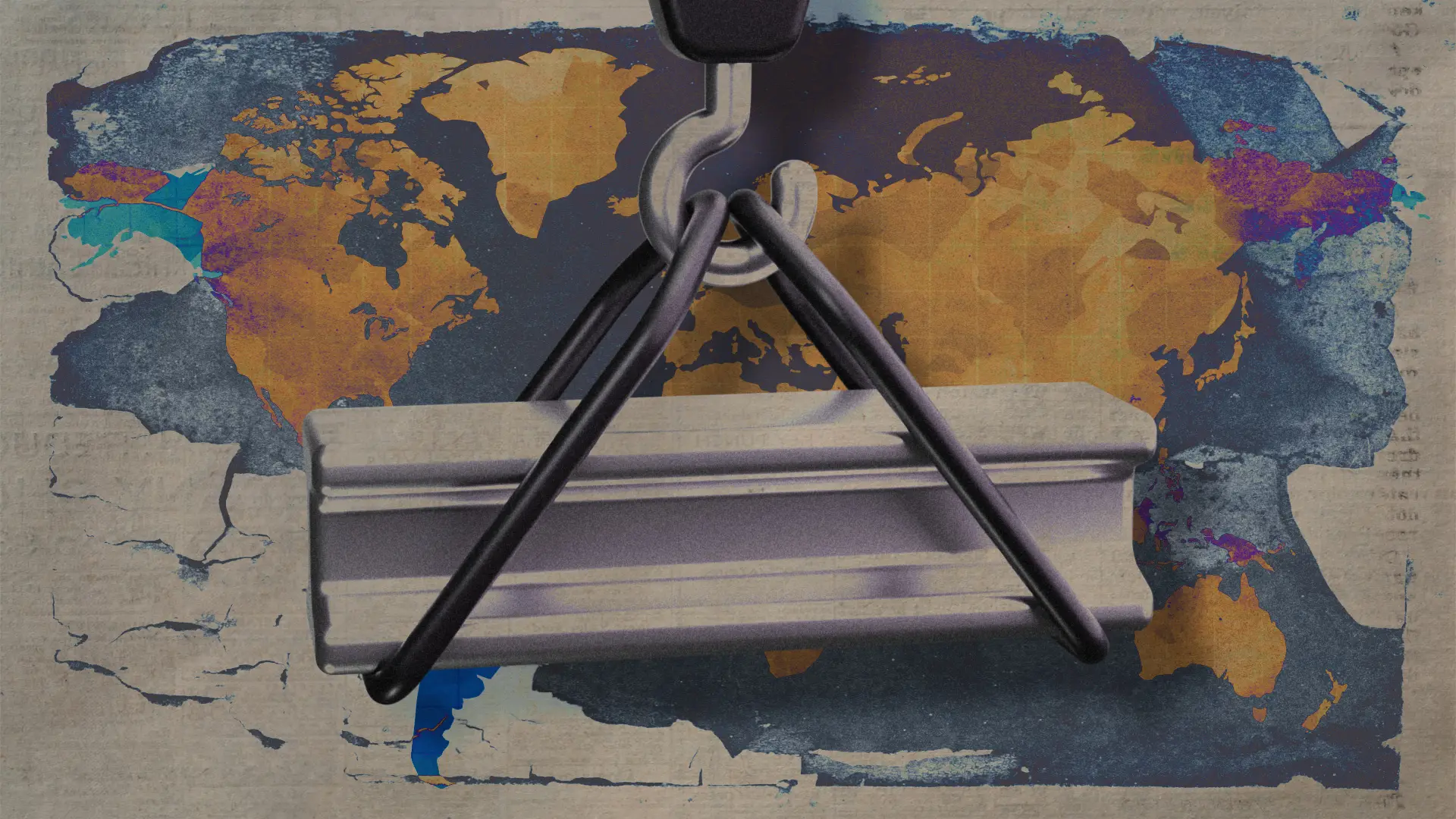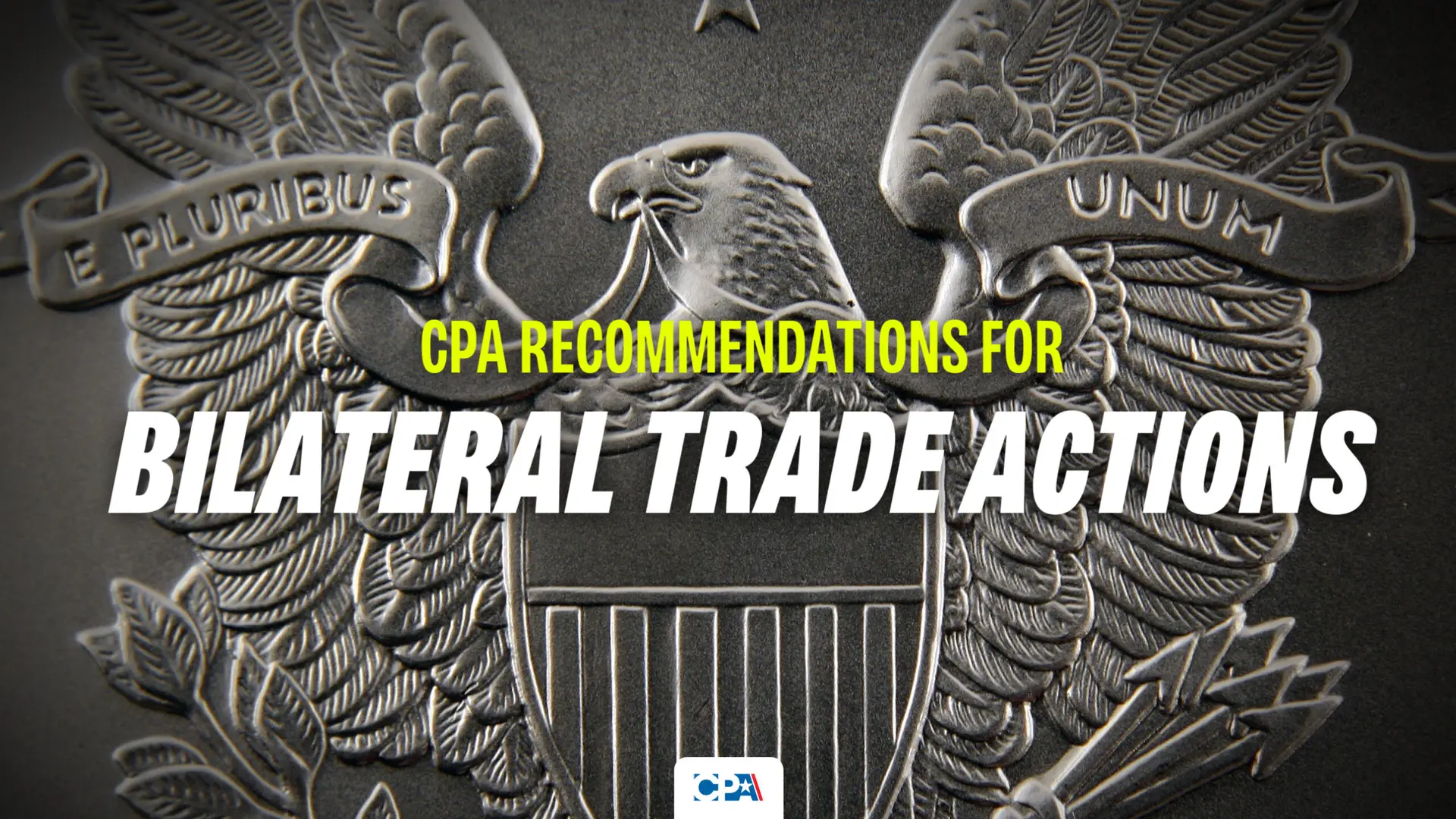On Saturday, the U.S. government, European Commission, and five major nations issued a statement on financial sanctions against Russia which targets some of the largest Russian banks and drastically reduces the ability of the Russian central bank to support the value of the ruble currency by restricting their access to their reserves held outside Russia.
The results are plain to see. The Russian ruble is down dramatically to all-time lows of around 95 to the dollar. Russians are lining up at the targeted banks, frightened of losing their savings.
The U.S. should go further, and ban all Russian financial access to the SWIFT banking system. So far the action on SWIFT has been limited and targeted. The U.S. should urge SWIFT to eject ALL Russian financial institutions.
SWIFT is the international banking system, headquartered in Brussels, that enables 11,000 banks around the world to exchange payments with each other. Its electronic messaging system is one of the most important lynchpins of the global financial system. According to Russia expert Maria Shagina, in 2014, when Iran was kicked out of the SWIFT banking network, it lost almost half of its export revenue and its foreign trade fell by 30%. Russia’s trade profile is similar to Iran’s: dominated by oil trade, which takes place mostly in dollars, therefore relying heavily on U.S. banks. Indeed, back in 2014, Russian finance minister Alexei Kudrin said that kicking Russia out of SWIFT would probably knock 5% off of Russia’s GDP. The Russian prime minister said it would be like a “declaration of war.”
That was then. Now Russia has launched this war, and if it is successful there can be little doubt it will go further in challenging the peaceful European order. Targeted action on selected Russian banks, companies, and individuals does send a message. But the U.S. should go further and demonstrate the global leadership and determination to inflict maximum financial punishment on Russia with a complete ban on all Russian access to SWIFT. In the weeks and months ahead, this will drive public discontent within Russia and shake Putin’s hold on power. This should be one of our key medium-term objectives, to destabilize the Putin regime. There have already been signs of protest within Russia, including a poster showing Putin with a little mustache, likening him to Adolf Hitler. It’s an appropriate comparison.
SWIFT is a consortium of international banks which operates by consensus. Traditionally the U.S. plays a lead role. So far, Biden has held back from pushing for the ejection of all Russian financial institutions for a couple of reasons. The first is domestic. He is trying to implement sanctions that cause as close to zero pain as possible to U.S. business. This is foolhardy. Putin is making the most direct, violent challenge to the peaceful European order since the collapse of communism in 1989. On top of that, China’s Communist regime is watching carefully to see how the U.S. and the West stand up to Russia. It is no accident that China and Russia concluded a new, closer strategic agreement on February 4th, two weeks before Russia launched the invasion of Ukraine.
As usual for an American politician, Biden has one eye on upcoming American elections and is trying to minimize the pain to the American consumer or American business. That’s why the current sanctions are carefully designed to allow Russia to continue to ship oil and gas to the world and get billions of dollars of revenue. Biden does not want to see the oil price skyrocket, since he (like me) is old enough to remember the political fallout that followed gasoline prices quadrupling back in 1974. Columbia University professor Adam Tooze examined the current sanctions, especially the way they tiptoed around Russia’s oil and gas shipments, and concluded, incredulously: “These are sanctions designed not to sanction.”
There is a second reason why Biden has not taken action on SWIFT, and that is the reluctance of Germany and Italy to go along with such action. The European Union is deeply divided. Germany gets around half of its natural gas from Russia. German chancellor Olaf Scholz has resisted any action that would reduce Germany’s ability to buy Russian gas. Italy wants to protect its ability to sell designer handbags to the fashionable ladies in Moscow. But both countries are already modifying their positions as international outrage at Russia grows.
Britain’s Boris Johnson is in favor of immediate action on SWIFT, while French president Macron has also taken a tougher line. The three Baltic republics are pleading for tougher action, worried they are Putin’s next targets.
Biden must realize that “working with allies” must not mean engaging in endless negotiations. Our European allies are used to looking to the U.S. for leadership on strategic matters. This is even more important now, with China watching from the sidelines and a potential invasion of Taiwan just around the corner. Biden should tell the allies that we must comprehensively evict Russia from SWIFT now. Next, we must follow it up with measures to get more natural gas to Germany, Italy, and other European nations. U.S. leadership in the successful days of NATO before 1989 was always backed up with shipments of essential supplies, military or civilian, as required. Some say we don’t have the LNG tankers or the port facilities over here to do that. That’s why we must rebuild our industry and our infrastructure. And we must do it in a fashion that is not dependent on unreliable foreign supplies.
If President Biden pursues this course, he will find, perhaps to his surprise, that there are large numbers of ordinary citizens in Germany, Italy, and elsewhere, that will support a tough line on Russia. Millions of voters in those countries look to America for leadership and strength. Even Europeans who support the EU know all too well that the European Union has been nothing more than a talking shop on defense and security matters since its creation 29 years ago.
Behind the Russian Bear is the Chinese Giant Panda
This is so critical precisely because the China threat is large and getting larger. The alliance with Russia increases China’s power. A potential conquest of Ukraine would further increase the scale of this new axis of evil. China is eying Taiwan and other islands in the Pacific and the South China Sea. President Biden must show that the U.S. has not collapsed into introspective isolationism. Despite our political polarization and many other domestic problems, we still have the world’s largest economy, an unbreakable respect and pride in democracy, and the ability to lead the democratic nations of the world.
Criticism of the SWIFT option has come from some who say cutting off all of Russia’s financial institutions would reduce the power of the U.S. dollar as the dominant currency for international trade and investment. This is putting the cart before the horse. The power of the dollar is useless if we do not use it at moments like this to oppose blatant acts of war. The dollar’s power is built on the strength of the U.S. economy, not vice versa. With our nation running trade deficits for four decades, and foreign debt of over $16 trillion, the end of dollar dominance is clearly in sight. The only way to preserve American power is to rebuild the U.S. economy and begin eliminating those debts by restoring our productive power and accelerating our productivity growth above the pathetic recent 1% levels.
It is true that China and Russia are both building alternate payment systems to use to pay each other and trade with their allies and client states without using dollars or U.S. banks. China already has many large banks that will ultimately free it from reliance on the dollar. President Biden must understand that real economic power flows from the size, scale, and readiness of a nation’s productive apparatus, not the symbolic prestige of a throne, a uniform…or a dollar bill.












